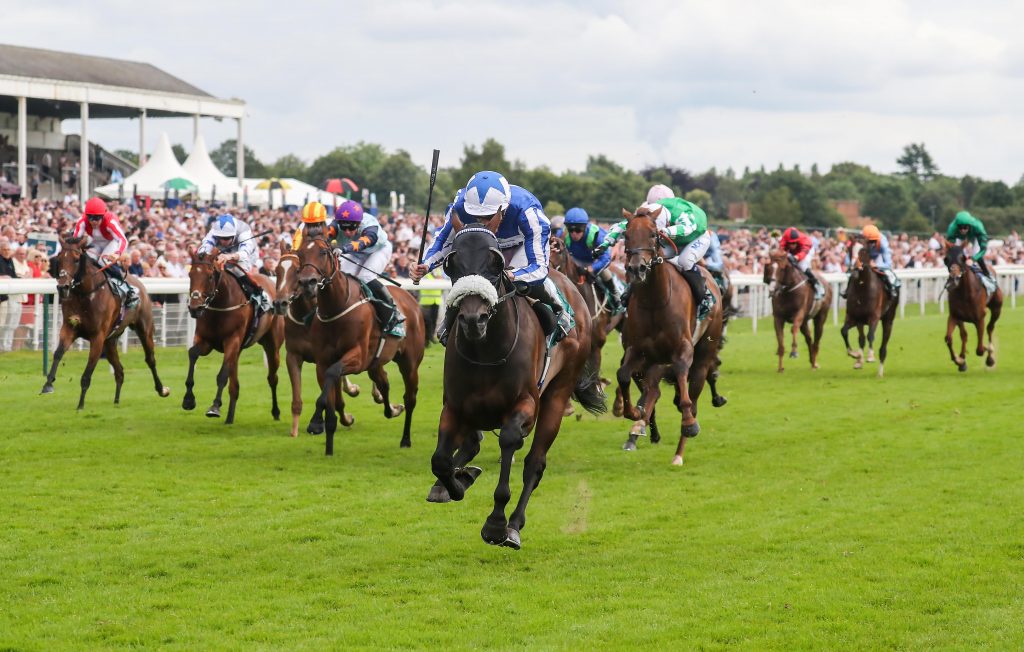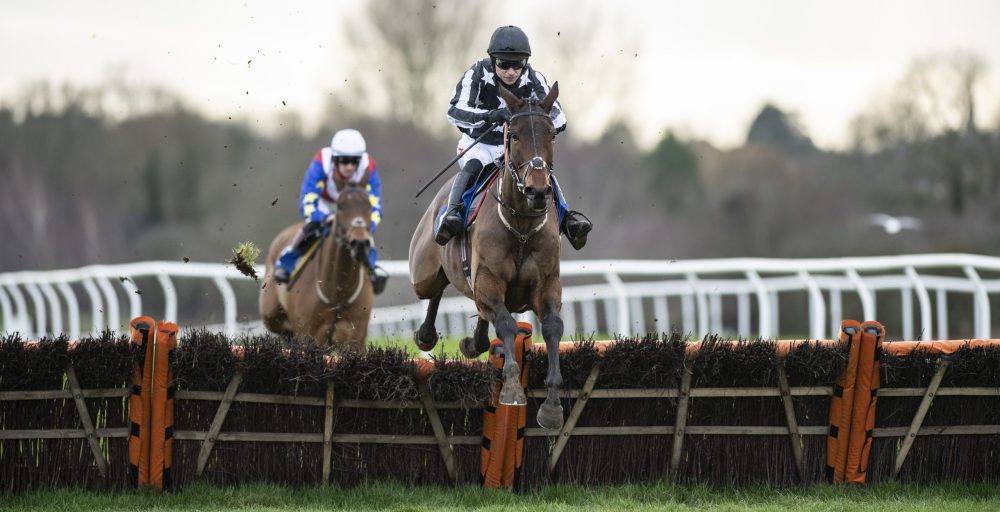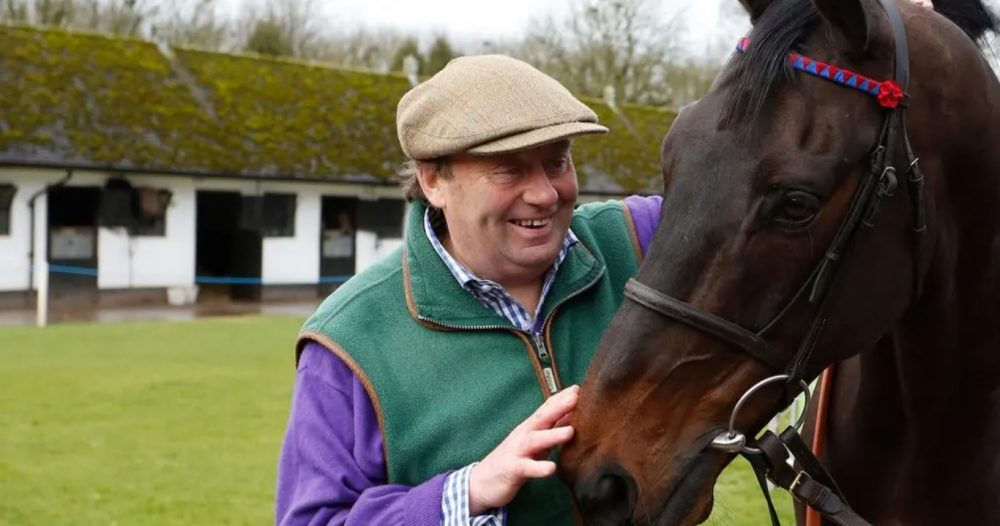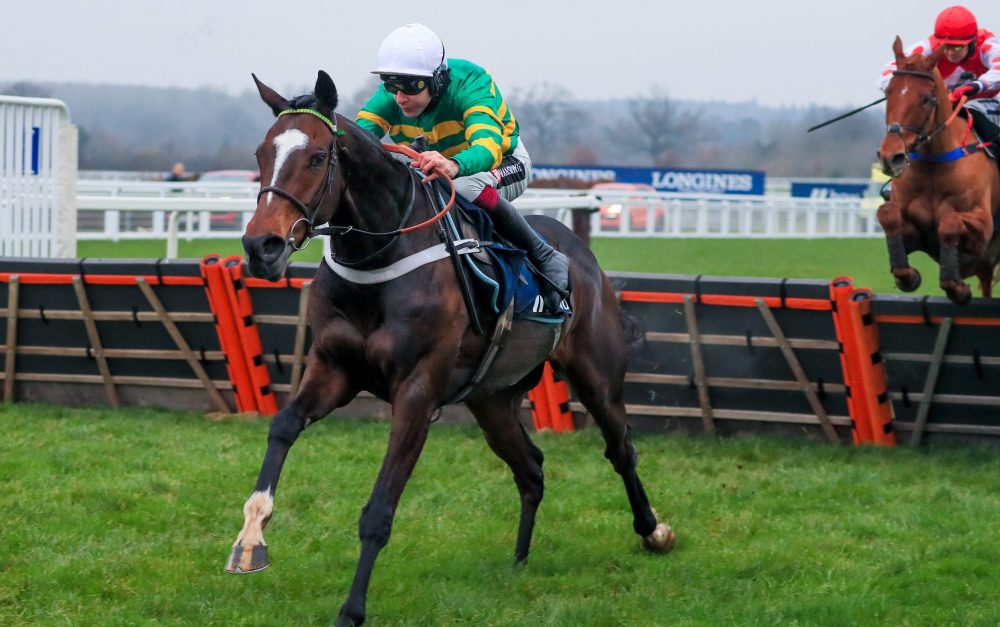
MyRacing’s essential beginner’s guide to winning at horse racing

How do you pick a winning horse? Over the years there have been thousands of books written on finding and selecting the right filly or colt to put your money on. Needless to say, it’s no easy task finding winners on horse racing. However, we do it, every day on our free horse racing tips page, we source winning punts. How can you win at horse racing? Take a look at our beginner’s guide to winning at horse racing to put yourself on the right path!
Don’t just bet on the favourite
Horse racing is a notoriously unpredictable game. The favourite only comes home first about 30% of the time, so if you rocked up to an event and lumped all your money on the favourites over the course of the day, you’re more than likely end up out of pocket. The house always wins, after all, and the secret isn’t looking for which horse is likely to win, but which offers the most value. So to find value, you need to know your selections and do your research. The more investigation you do, the more you’ll enjoy it, because as they say, knowledge is power!
Understanding horse racing terminology
As with every sport around the world, Horse Racing has plenty of different terminologies and phrases to understand. Getting familiar with these phrases is essential, so take a look at our Glossary under the Guides section, which explains all the essential terminology to learn!
Get to know your horses
- Easy Last Time Out Winners – Horses in form can often put together streaks of 2 to 3 wins in 5 races. Starting by looking for easy last time out winners which look like they could go in again is always a solid place to start
- Good rating figures – If you can find a horse that enjoyed a personal best in its last race, you could be onto a winner
Race comments – this insight can be invaluable. If you’re looking online, search for horses that have been said to ‘ran on well’ or ‘quickened’ and you’ll find a filly or colt in fine fettle. - Change in class – trainers can put weaker horses in ‘higher’ class races in hope of a miracle. So if you’re looking at a runner with a decent recent record, check the quality of its opposition. Likewise, if a horse has dropped down a class it could be worth a look
- The company – the other horses in the race will affect how it’s run, and what chance your entrant will have. If there are a few ‘front running’ horses that like to get an early start, then the chances of an outsider staying the pace are unlikely
- Bouncing back – while it’s easy to focus on the horses who ran exceptionally well last time out and placed or won, if you want the really big prices (your 33/1 and so on) the secret comes in trying to spot where a horse may have run badly but be ready to run a big race, either because of a change in conditions or because he’s fitter for some poor runs after a break.
Get to know your surfaces
Just like a tennis player might prefer a clay court to grass, or a silky-skilled winger might not like it on a wet Tuesday night in Stoke, different horses run better on different surfaces.
Dry courses (known as ‘firm’ or ‘good to firm’) will see the fastest speeds and suit daintier horses, while runners that really hit the ground hard are more likely to enjoy the slightly more accommodating, softer turf – and get more sprinting power from gripping into the ground.
So when you’re betting on a horse, take a look at the surface it’ll be racing on. Especially with deeper ground, previous form on the surface can be essential, so don’t go backing your horses blind without checking their preferred surfaces!
Get to know your trainers
“You will be amazed if you break down stable winners by months, how often the pattern repeats itself” – Ian Marmion, Head of Victor Chandler, 2006.
Just as important as the horse you’re betting on is the trainer who’s reared it. As our blog about betting statistics explains, Nicky Henderson frequently wins at Newbury, while Donald McCain enjoys a great strike rate at Bangor.
Trainers will enjoy different records on different tracks. Some will be more proficient at preparing runners for specific courses and those that have won at a track before will know how to do so again. As a rule of thumb, beginners can tell dominant trainers at a course as they’re likely to field multiple horses in a race.
All good tipping guides will show a trainer’s record at a course, and over recent months. The more you look into the stats, the more you’ll see. You could find that each year one trainer routinely selects a particular race to unveil their particularly talented two-year-old.
It works in reverse too… Conversely, poor trainer records at certain venues tell you who not to back.
Get to know your jockey
Jockeys also provide a great deal of betting insight and can help you understand winners. Just as some trainers are synonymous with different courses, many jockeys have favourite locations. Ruby Walsh, for instance, was the leading jockey at Cheltenham numerous times, while Ryan Moore is the man to beat at Ascot.
Why do jockeys work so well at specific places? It works both ways: not only will some skillsets be naturally suited to some courses, but trainers are likely to pair the best riders with the strongest horses.
Specific jockey and trainer combinations are crucial to learn and understand. Sometimes, trainers will field more than one runner in the contest, so knowing who is the stable jockey will tell you which horse in the race is the yard’s leading hope.
Get to know the signs of a confident horse
Of course, this isn’t really something you can do while sitting at home watching the races on ITV Racing, but if you’re at a live event then it can pay to watch your horses pre-race to see how they’re reacting.
For instance, a calm, confident runner with a shiny coat will often perform markedly better than an anxious, jittery horse that’s clearly expending a lot of energy in the paddock.
Please Gamble Responsibly.






